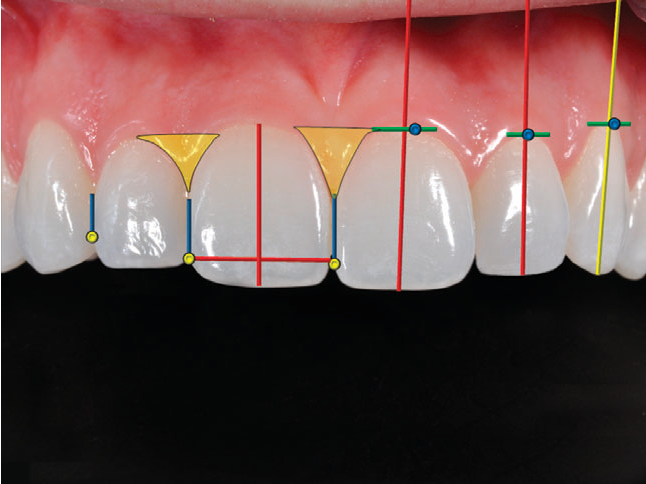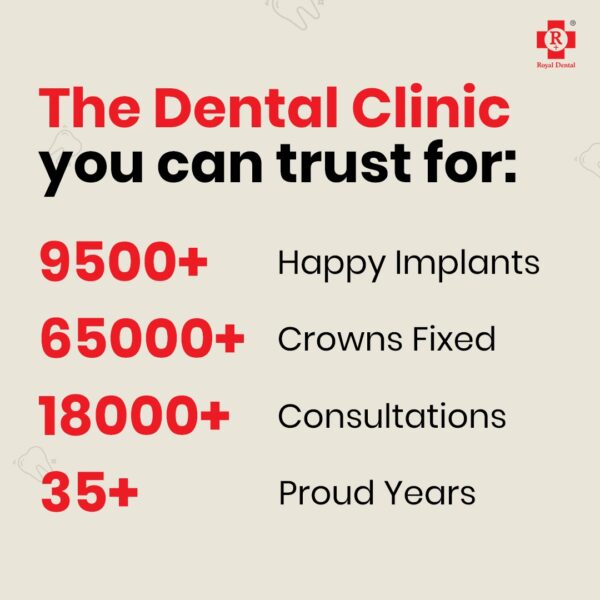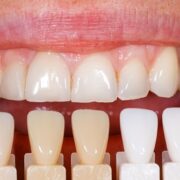Toothpaste has been around for centuries and was first created as a powder (or ‘pica’ a mixture of spices, ashes and sand) with different flavours to make cleaning our teeth more pleasant. With time, these toothpastes have evolved into their current state, which usually contains fluoride and other ingredients that help prevent cavities and strengthen enamel. Tooth enamel is the hardest tissue in the body. Problem is, it’s not living tissue, so it can’t be naturally regenerated. Unfortunately, you can’t regrow it artificially, either — not even with those special toothpastes. However, there seems to be some debate over the existence of another common belief: Can you grow new with toothpaste?
What is Enamel?
Enamel is a hard, glossy, it layer that forms the outside covering of your teeth. This substance also makes up the inside of your teeth, which is known as dentin. According to the American Dental Association (ADA), enamel is the hardest natural substance in the human body and is eight times more resistant to fracture than tooth dentin. This is why your teeth can withstand a lot of pressure and put up with daily wear and tear.
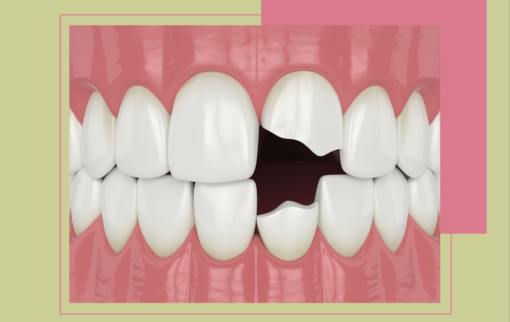
The enamel on your teeth is a very thin layer covering the crown of your teeth. This hard and shiny substance protects the tooth from wear and tear. It is made up of approximately 95% calcium and 5% other minerals, such as phosphorous, fluorine, magnesium, and potassium. This means that outer layer or glaze is very important in keeping your teeth healthy.
Can Toothpaste Help Grow Enamel
A common myth that has been spread by various toothpaste manufacturers over the years is that brushing your teeth with toothpaste can help you grow new enamel. This often occurs when there is an advertisement for a special toothpaste product, like ‘New Enamel’, that is claimed to ‘grow new enamel’. What most people don’t realize is that toothpaste doesn’t grow new enamel.
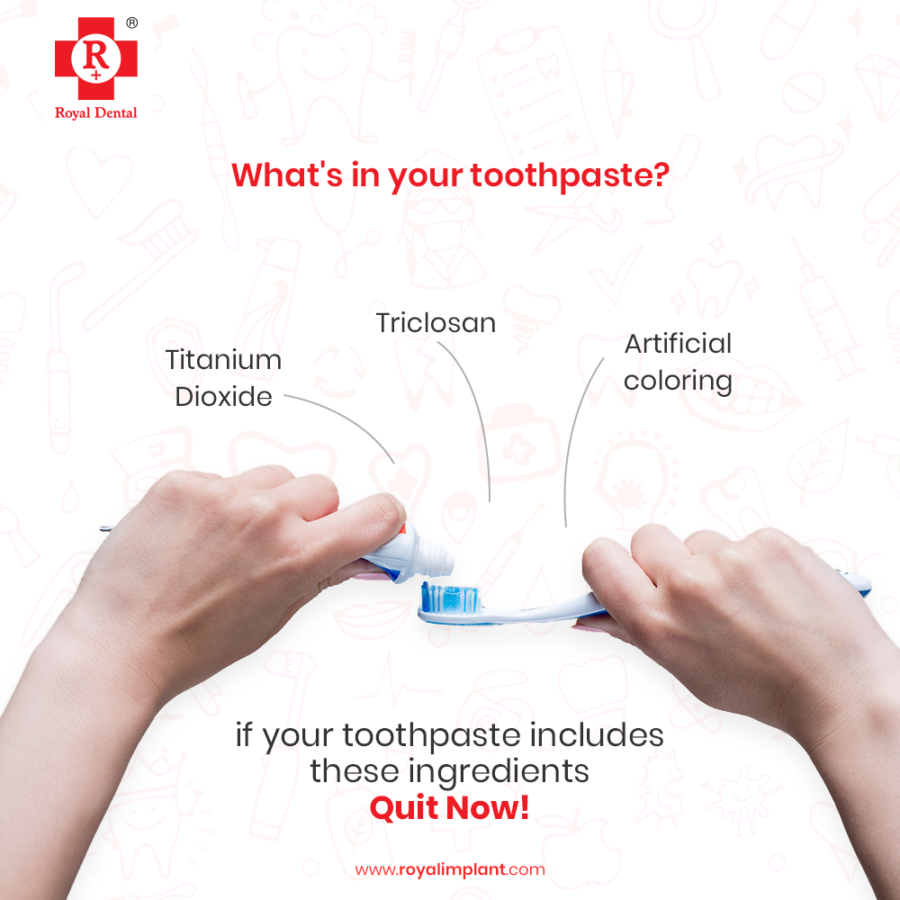
The purpose of toothpaste is to clean your teeth and help remove plaque, which is composed of bacteria, from your teeth which helps prevent cavities and tooth decay.
As you might already know, the enamel is the hardest substance in the human body, which is why it’s so important to take care of our teeth. It’s also the thinnest substance found in our bodies and covers the outer surface of our teeth. When toothpaste is applied to our teeth, it can help to strengthen it and prevent decay. However, toothpaste can’t grow new enamel. The covering of your teeth is not living tissue. Instead, it’s a mineralized biomaterial, which means it’s very similar to your bones.
Why is growing enamel with toothpaste unrealistic?
As we’ve already discussed, toothpaste is made up of a bunch of different ingredients, including fluoride. Fluoride is a natural mineral that is often used in toothpaste to help prevent cavities and strengthen enamel. It’s also found naturally in water and soil and is even present in some foods. However, fluoride is not a vitamin. Therefore, consuming it in toothpaste will not help your body grow new enamel
Another reason that toothpaste cannot grow new enamel is that it is not applied to the outside of your teeth where the enamel is found. Instead, it is applied to the inside of your mouth and gets rid of harmful bacteria and plaque.
What are the benefits of using Toothpaste on Enamel?
As we’ve already discussed, It has a variety of benefits. It can help clean your teeth, strengthen your enamel, and prevent cavities and tooth decay. However, it is important to note that toothpaste is not a substitute for flossing. While toothpaste can be beneficial in strengthening your enamel and removing harmful bacteria that can lead to decay, it cannot replace flossing.
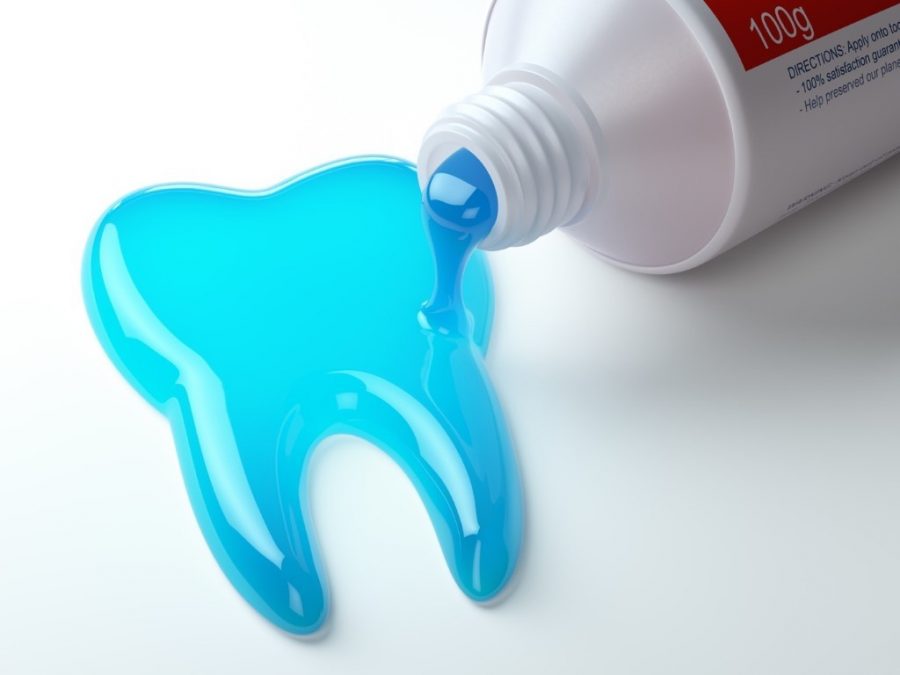
Flossing is just as important as brushing your teeth. It can remove particles that your toothbrush can’t get to, like bacteria, plaque, and food debris.
When you don’t floss, it can lead to gum disease and tooth decay. The ADA states that gum disease (also known as periodontal disease) is the most common dental disease.
Can any toothpaste repair enamel?
Enamel is the hard, thin outer covering of teeth. Wear caused by biting, chewing and drinking can stain, chip and damage that covering. It’s one of the few things that the human body can not regrow – FACT! So no toothpaste can restore enamel that isn’t there. Since tooth enamel can’t regrow, the underlying dentin can be exposed, with results ranging from hypersensitivity to cavities or even gum disease. The lozenge, on the other hand, strengthens, rebuilds, and protects teeth. While fluoride can also fortify tooth enamel, it does not actively rebuild it.
Bottom line
As we’ve discussed, it does not grow new enamel. The purpose of toothpaste is to clean your teeth and remove harmful bacteria and plaque from your mouth. While fluoride can help strengthen your enamel, it is not a vitamin that will help your body grow new enamel. If you’re looking to strengthen your enamel, you can talk to your dentist about getting a fluoride treatment. While toothpaste can help clean your teeth, it is not a substitute for flossing.

